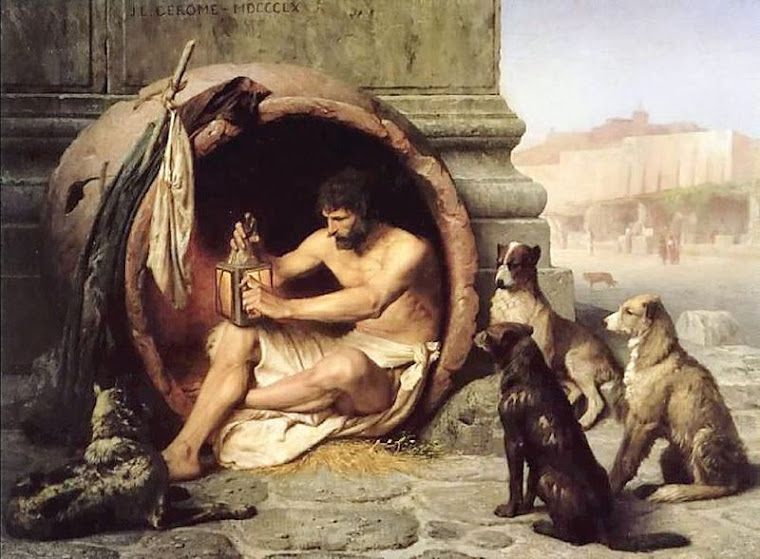King is how they call me, though of a King
I don't really wear nor the bling nor the grin.
I could be called instead
a springing fountain
or a Zen beggar,
leaving very much unchanged
the way the world spins.
Words don't stick nor bear resemblance
to the things they name
out of blind chance.
But if I had to decide on the pertinence
of things to their names,
I would command, for instance,
the rain to be called happiness:
I wonder if it wouldn't fall less unruly
if we made it wear a longer dress.
The same if we renamed sadness
and called it smile,
I bet just on sight of our gloomy grimaces
all sadness would be immediately erased
by putting a laugh onto its face.
Yet, to be called King of anything,
even of the bums or the dumb,
is no small a thing.
But to be honest, the honour doesn't flatter me,
for I couldn't bother less
if in the crowd I blunder about
as the prince or the beggar.
However, if I were called a fountain,
you wouldn't fall short of target,
because placed where I always lay down my head,
in the middle of a square,
I am a fountain,
but one that spouts
words instead of water.
And if a beggar is not the whole,
it is in the least
a part of what I am,
since I have no roof of my own,
and so the number of walls
that give me shelter equals
the rims on the roads I roam.
Beggar or fountain
are common names.
They refer to classes, not individuals.
In the event, this might better fit
how I prefer to think of myself:
non-specific,
plural.
In a universe so full of beings,
proper names and numerous offspring
are just not feasible.
We are like sand, packed to such an extent,
that none can pin down any time soon
the shouts of the drowning
amongst an ocean of siren tunes.
A trump, in brief, is someone that seems
very much like anyone else, except that he kept
from turning into another thing
in a world of things,
things that used to be autonomous beings
as we dream we keep on being,
but by which we ended up enslaved.
And the path I walk on
is my soles' mate
and shifting traveling companion.
We both hold the aroma
of warm moist earth.
And, like his, my hearth belongs
to none of the compass' points.
This short fellow, who strides by my side
sniffing the yellow light,
is Diogenes, the canine.
I dubbed him so, tongue-in-cheek, but also
because he is by nature a dog,
not solely as a term of abuse
or as a figure of usage,
and hence the name fits him by birthright
of one whose whole occupation
consists of strolling all about.
In addition, I benefit only
from the company
of an old-bag and a doorstep,
and those are all my so-called belongings.
But the twig I pick
up from the ground
and carry around as a stick
builds onto me,
for the better or worse weather,
all that chatter from the birds
buzzing on the trees.
